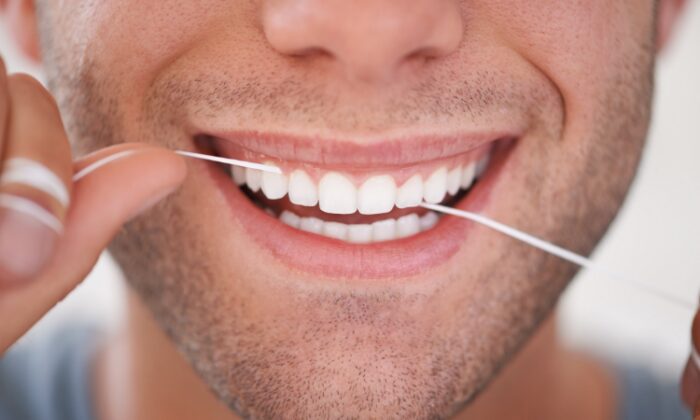Bleeding gums can be an alarming symptom. It often signals underlying dental issues that require attention. Ignoring bleeding gums can lead to serious oral health problems. Understanding when to consult a dentist is crucial for maintaining healthy gums.

Understanding the Causes of Bleeding Gums
Bleeding gums often result from plaque buildup along the gum line. Plaque is a sticky film of bacteria that forms on teeth. If not removed, plaque hardens into tartar, which irritates the gums. This irritation causes the gums to become inflamed and bleed. Poor oral hygiene practices usually lead to this condition. Inadequate brushing and flossing allow plaque and tartar to thrive.
Gingivitis, an early stage of gum disease, is another common cause of bleeding. It arises from plaque accumulation and inadequate oral hygiene. The gums become inflamed, tender, and prone to bleeding. Without treatment, gingivitis can progress to periodontitis. Periodontitis is a more severe form of gum disease that can lead to tooth loss. It involves the destruction of the supporting structures of the teeth.
Other factors can contribute to gum issues. Vitamin deficiencies, particularly vitamin C and K, can weaken the gums. Vitamin C is essential for collagen production, which maintains gum strength. Certain medications, including blood thinners, may increase bleeding. Hormonal changes during pregnancy can also affect gum health. These changes can make the gums more sensitive and prone to bleeding.
When to Schedule a Dental Appointment
Persistent bleeding require professional evaluation. If bleeding occurs for more than a week, it is time to see a dentist. This duration suggests an underlying issue that needs attention. Early intervention could prevent further damage to the gums and teeth.
Sudden onset of bleeding gums also warrants immediate attention. This could indicate a serious condition, such as an acute infection. Rapid changes in gum health should not be ignored. Consulting a dentist promptly can help diagnose and treat the issue.
Accompanying symptoms also necessitate a dental visit. These include swelling, redness, or tenderness of the gums. Persistent bad breath or a bad taste in the mouth are concerning signs. Loose teeth or receding gums require prompt evaluation by a dental professional.
What to Expect During a Dental Visit
During a dental visit, the dentist will conduct a thorough examination. They will assess your oral hygiene practices and look for signs of gum disease. They may inquire about your medical history and any medications you are taking. This information helps identify potential causes of bleeding gums.
The dentist may perform a professional cleaning to remove plaque and tartar buildup. This cleaning helps reduce gum inflammation and bleeding. The dentist may recommend specific oral care products to improve gum health. These can include special toothpaste or mouthwash designed for sensitive gums.
In some cases, further treatment may be necessary to address gum disease. Scaling and root planing can treat advanced gum disease. This deep cleaning removes tartar below the gum line and smooths the tooth root. Smoothing the root surface makes it harder for bacteria to adhere.
The dentist may also provide guidance on improving oral hygiene practices. They can demonstrate proper brushing and flossing techniques. They may suggest lifestyle changes to support gum health, such as quitting smoking.
Preventing Bleeding Gums
Maintaining good oral hygiene is essential for preventing bleeding. Brush teeth at least twice daily using a soft-bristled toothbrush. Soft bristles are gentle on the gums and help prevent irritation. Floss daily to remove plaque and food particles between teeth. Regular flossing helps prevent plaque buildup and gum inflammation.
Regular dental check-ups are crucial for maintaining healthy gums. Visit the dentist every six months for professional cleanings and examinations. Professional cleanings help remove plaque and tartar that regular brushing may miss. Early detection of gum disease can prevent serious complications.
Dr. Fabrizio Dall’olmo and his team understand the importance of healthy gums on your overall health. If you suffer from chronic bleeding, redness, or sensitivity, you may have an underlying dental condition. Contact their office today to schedule a consultation and learn more.
